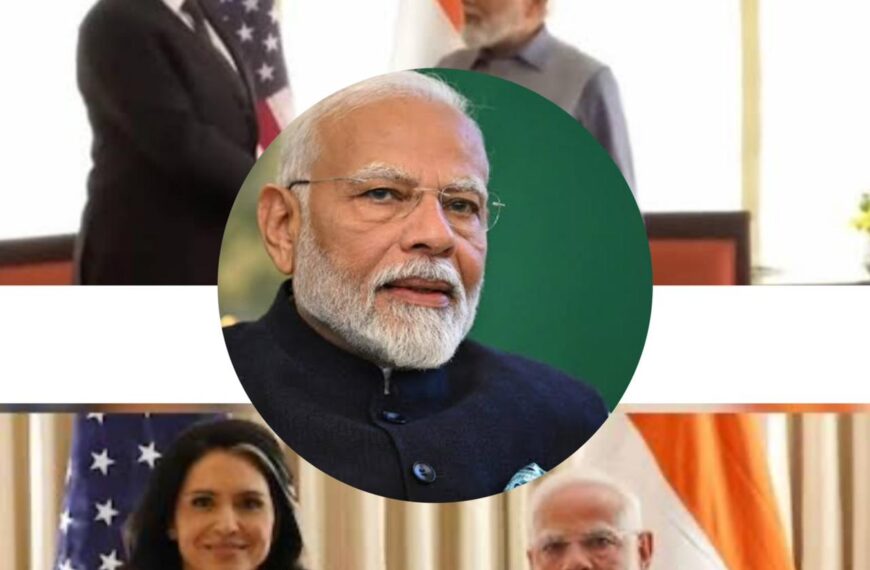Defence Secretary Rajesh Kumar Singh, while addressing the 14th ASEAN Defence Ministers’ Meeting (ADMM)-Plus Expert Working Group (EWG) on counter-terrorism issues held recently in New Delhi, termed terrorism as a dynamic and evolving challenge. He said terrorism now transcends borders and its threats are growing globally. Terrorist organisations are using advanced technological means, cyber tools and unmanned systems, which has further increased the challenge of dealing with them. In this context, a coherent, visionary and actionable strategy is required.
India’s commitment to zero tolerance policy
In his address, the Defence Secretary clearly stated that India is firm on its zero tolerance policy towards terrorism. He also said that India believes in an approach that includes strong domestic mechanisms, intelligence sharing and regional cooperation. Rajesh Kumar Singh also mentioned that the challenges of terrorism and violent extremism are particularly high in the Indo-Pacific region, which can spread across borders due to its geographical and economic importance.
The growing challenge of terrorism in the Indo-Pacific region
The Defence Secretary also shared that the Indo-Pacific region is particularly vulnerable to the spread of terrorism and violent extremism. The geographical location of the region and its economic importance make it central to major global security issues. He said that the growing challenges of terrorism in the region require a comprehensive, tailored and collaborative response. This response requires strong cooperation and security mechanisms among countries to prevent the spread of terrorism and make joint efforts to effectively address it.

India is capable of dealing with emerging threats
The Defence Secretary also said that India, using the ADMM-Plus platform, is trying to create synergy between defence forces, security agencies and policy frameworks to effectively counter emerging threats. He said that this cooperation will help in combating terrorism, cyber attacks, and other security threats. This initiative of the Indian security apparatus is important with the aim of promoting international cooperation as well as joint action against terrorists.
Deterioration of social and ecological systems
Rajesh Kumar Singh also expressed concern that social and ecological systems are becoming vulnerable in a rapidly changing world. This threat is becoming critical not only for national security but also for global stability. He said, “It is extremely important to evaluate this situation so that governments can identify priorities and be able to take decisions.” He emphasized that understanding and identifying such risks will be essential for making the right policy in future.
It is clear from the statement of the Defense Secretary that India’s policy against terrorism and extremism is strict and clear. India is ready to contribute to joint efforts against terrorism at the international level and is working towards increasing cooperation among countries through forums like ADMM-Plus. At the same time, the challenge of weakening of social and ecological systems cannot be ignored, and countries need to work together for this.














